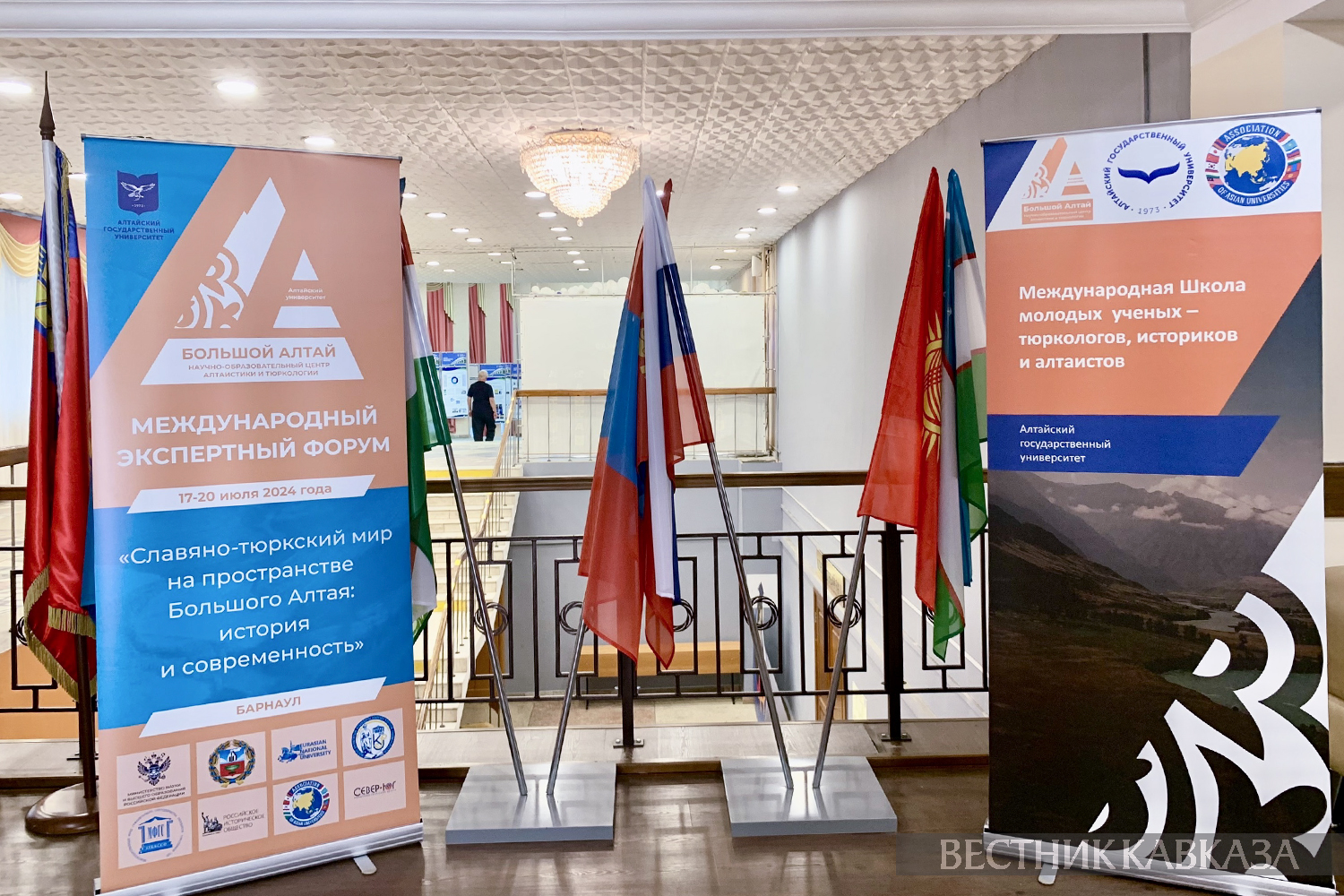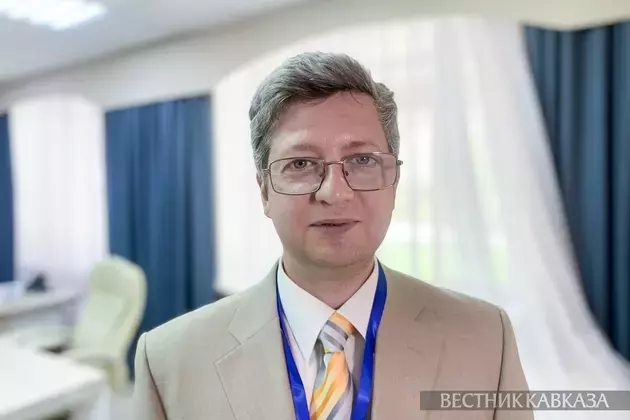The international expert forum "The Slavic-Turkic World in the Greater Altai Space: History and Modernity" is taking place in Barnaul. The head of the Department of Oriental History at the Institute of Oriental Studies of the Russian Academy of Sciences, Doctor of Historical Sciences Alexander Vasiliev told Vestnik Kavkaza about this cultural and historical phenomenon.
- Alexander Dmitrievich, you moderated the forum's discussion platform "Historical studies of the processes of the evolution of the Slavic-Turkic world". What is the value of the concept of Slavic-Turkic unity?
- The contacts between the Turks and Slavs have been taking place for many hundreds, perhaps thousands of years. They have become the foundation for our current relations. We can give many examples of how Slavic-Turkic relations developed both in ancient times and in the Middle Ages. It was a very difficult process. Of course, we cannot say that everything was absolutely good. There were different episodes and different stages. There were conflicts and cases of successful political or economic interaction. There are a lot of things that unite us. It is the commonality of culture, the everyday connections, the mixed marriages, the episodes of constructive political history, and the vast geography where we all live.

- Does this also apply to Azerbaijan?
- Of course, when we hear "Great Altai", then, first of all, Kazakhstan, Kyrgyzstan, and Mongolia come to mind, that is, those countries that are directly geographically close to this region. But Altai is the ancestral home of the Turks, so it is wrong to deny that Azerbaijan is a part of the Turkic civilization. There are participants from Azerbaijan at the forum. Of course, Azerbaijan's involvement in the Turkic civilization, which originated in Altai, is unquestionable.
Azerbaijan has enormous cultural, historical and geopolitical significance for Russia. The role of the Russian language is traditionally strong there. If we look at Baku, Russian urban culture is strong there, where the Russian language is a marker of education, high culture and belonging to the scientific, educational, cultural elite of the country. Economic ties between Russia and Azerbaijan have every chance of strengthening and further development. And if we take the geographical, political, geopolitical factor, then Azerbaijan is a very important country for Russia. It is located in a very important region, on the shores of the Caspian Sea. And this factor must be taken into account and used as much as possible to improve Russian-Azerbaijani relations.
- Do forums such as the "Slavic-Turkic World in the Greater Altai Space" contribute to rapprochement?
- They allow the large scientific community to discuss important humanitarian problems, important issues of our common culture and history. It's great that there is such a center “Big Altai”, which unites us all. It unites such a vast geographical community, which is called Great Altai.
The uniqueness of today's forum is that it quite actively and objectively discusses the problems of such a complex cultural and historical phenomenon as Slavic-Turkic unity. Today, just within the framework of the plenary session, this fact and complexity of this phenomenon became completely obvious to everyone and was very clearly discussed by the forum's participants.






